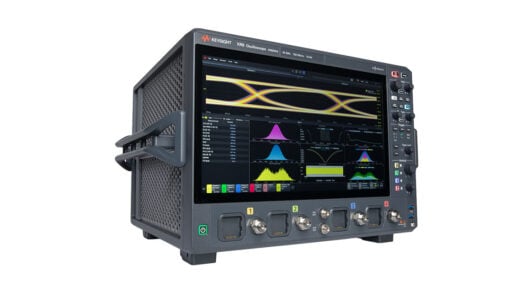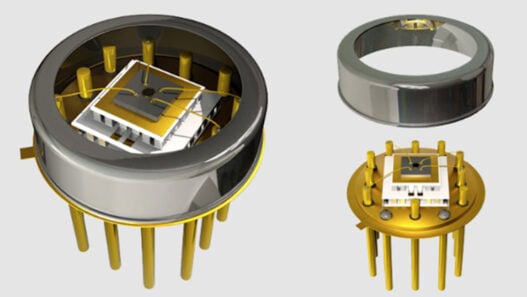“Until now most of us have bought air purifiers to help lessen or relieve allergy or asthma symptoms. But that’s changing as people discover the wider health repercussions of air pollution, which studies by WHO and others indicate causes millions of deaths, sparks diseases such as cancer and strokes, and provokes long-term damage to people’s nerves, brain, kidneys, liver, and other organs,” said Bengt Rittri, CEO and Founder, Blueair.
Rittri noted how in many parts of the world, such as China and elsewhere in Asia where severe air pollution occurs frequently, indoor air purifiers are becoming as common as vacuum cleaners in many homes as people seek to protect their health.
But how efficient are air purifiers at removing indoor air of allergens, pollutants and odors – and, importantly, do people really need them in Europe or the US, where bad air pollution seems infrequent?
Blueair believes that the recent air pollution outbreak in Paris, France, shows that the problem is potentially as bad in Europe as it is in Asia. The company also stresses that there is growing science-based evidence that air purifiers may indeed help people’s health by removing micro-sized dust, pollen, mold spores and other particles from the air they breathe at home and work.
A recent study by the American Academy of Pediatrics said purifying indoor air could help children with asthma avoid attacks and indicates that reducing exposure to pollutants and allergens may be as effective as medications in controlling the respiratory disease.
In China, the largest air purifier market in the world with over 800 brands competing for the hearts and minds of consumers, a 2014 study by researchers at Fudan Medical University among healthy young adults in Shanghai showed efficient indoor purification may benefit heart and lung health.
The researchers said their study – published in the Journal of the American College of Cardiology – ‘demonstrated clear cardiopulmonary benefits of indoor air purification among young, healthy adults in a Chinese city with severe ambient particulate air pollution’.
The Fudan University study rejected the notion that people could escape indoors to avoid outdoor pollution. The researchers found that closing doors and windows barely reduced health-hazardous PM2.5 concentration, while the use of an air purifier ‘efficiently reduced’ the amount of fine particles in the indoor air.







